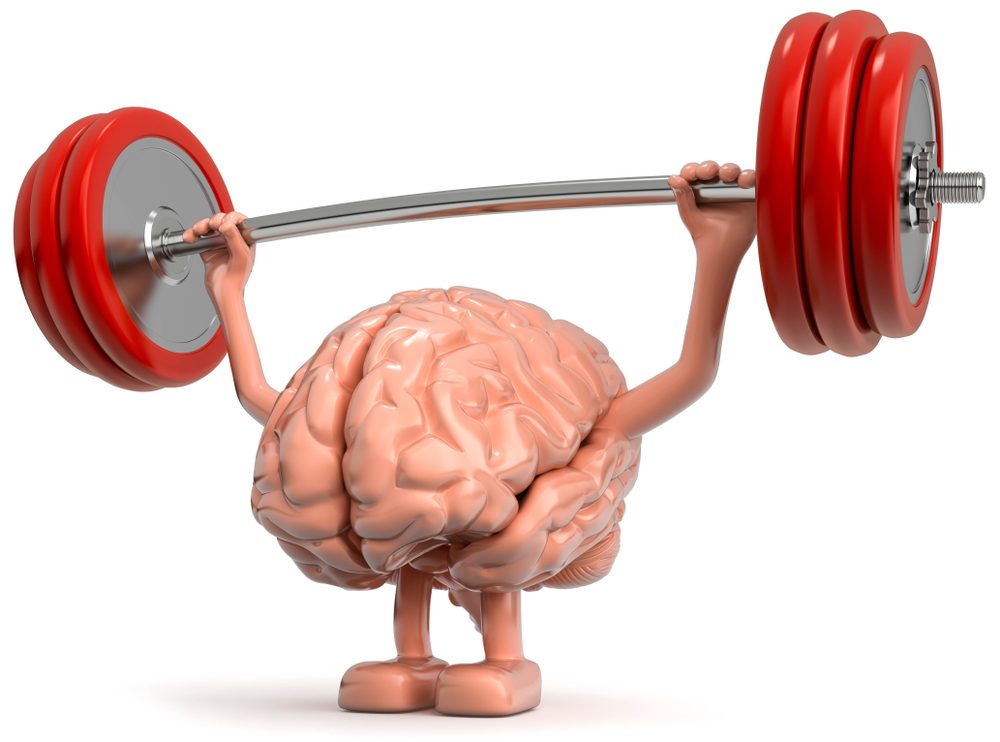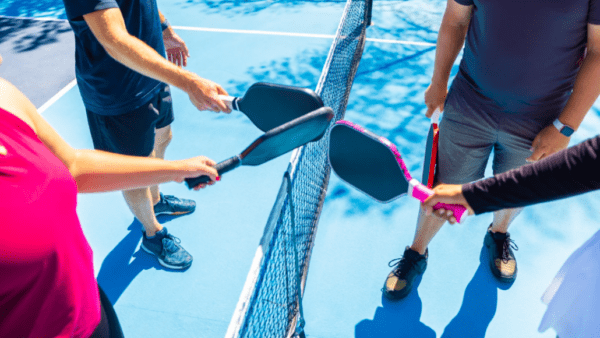

June is recognized as Brain Health Awareness Month. It is a time to bring attention to the importance of maintaining good brain health and promoting awareness of brain-related conditions such as Alzheimer’s, dementia, and traumatic brain injury. It is also a time to encourage people to adopt healthy lifestyle habits that can benefit their brain health, such as getting regular exercise, eating a healthy diet, staying mentally active, and getting enough restful sleep.
We caught up with RVNAhealth’s Susan DiGregorio, M.A CCC-SLP, and popular presenter for the RVNAhealth Wellness Academy’s “How to Live a Healthy Brain Lifestyle” talk, to get some practical tips on what we can all do – at any stage in our lives – to support our brains. Susan uses an easy acronym, “DANCERS,” to get you on track. DANCERS stands for Disease management – Activity – Nutrition – Cognitive stimulation – Engagement with others – Relaxation – and Sleep hygiene. Each of the DANCERS components is an important factor to maintaining brain health.
Susan elaborated for us on recommendations around “Cognitive stimulation” – small, simple (and often fun!) things we can do every day to boost our brain health. We often hear about brain games such as Sudoku, Wordle, and crossword puzzles. “The important thing is to find games and activities that are challenging and fun to you! Not everyone enjoys crossword puzzles, and that’s okay. The important thing is to find games or activities that encourage and engage several skills. When we can activate working memory, reasoning, and problem solving – we have a clear winner for brain health.
Some examples of good brain-health stimulators are Scrabble, word searches, word scrambles, chess, sudoku, concentration, and crosswords. And don’t forget (no pun intended!) that physical activity can be turned into a brain stimulator as well! Any activity where you are engaging multiple systems at once — such as walking while having a conversation with a friend, cleaning your house while you are mentally writing your grocery list, or going for a drive but first planning and thinking through your route before turning on a GPS – all help to promote cognitive stimulation.
If you are a family member or loved one looking to engage in simpler games with someone who has a more severe cognitive impairment, consider things like adult coloring books, memory boxes, balloon toss, flower arranging, gardening, and feeding birds. These activities can stimulate orientation to the seasons, attention, participation in routine, listening and conversation.
The RVNAhealth Wellness Academy offers ongoing educational programming that are open to the public, including “How to Live A Healthy Brain Lifestyle.” Please visit our calendar of events to view current upcoming programming.



